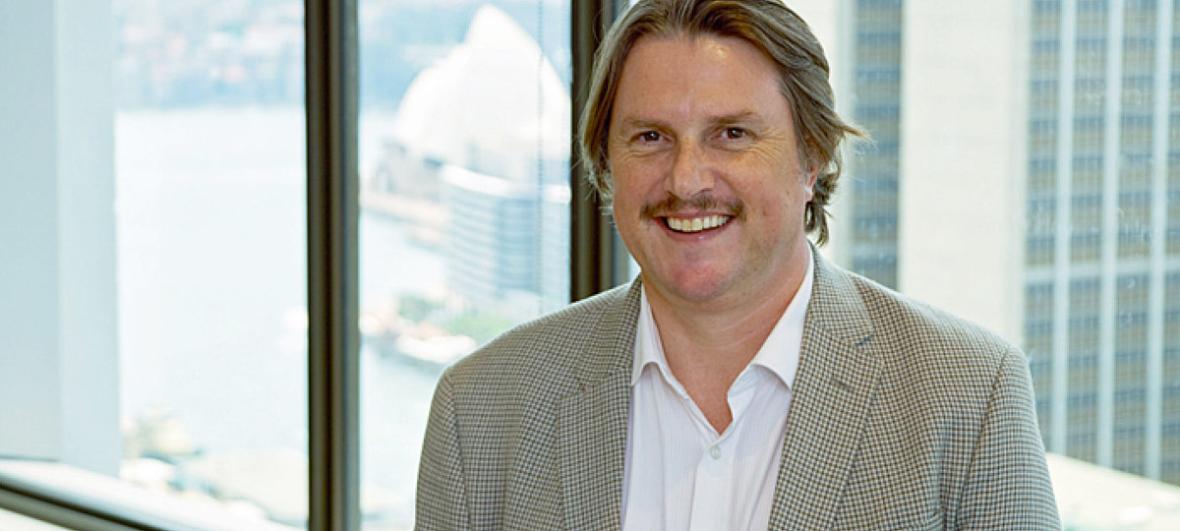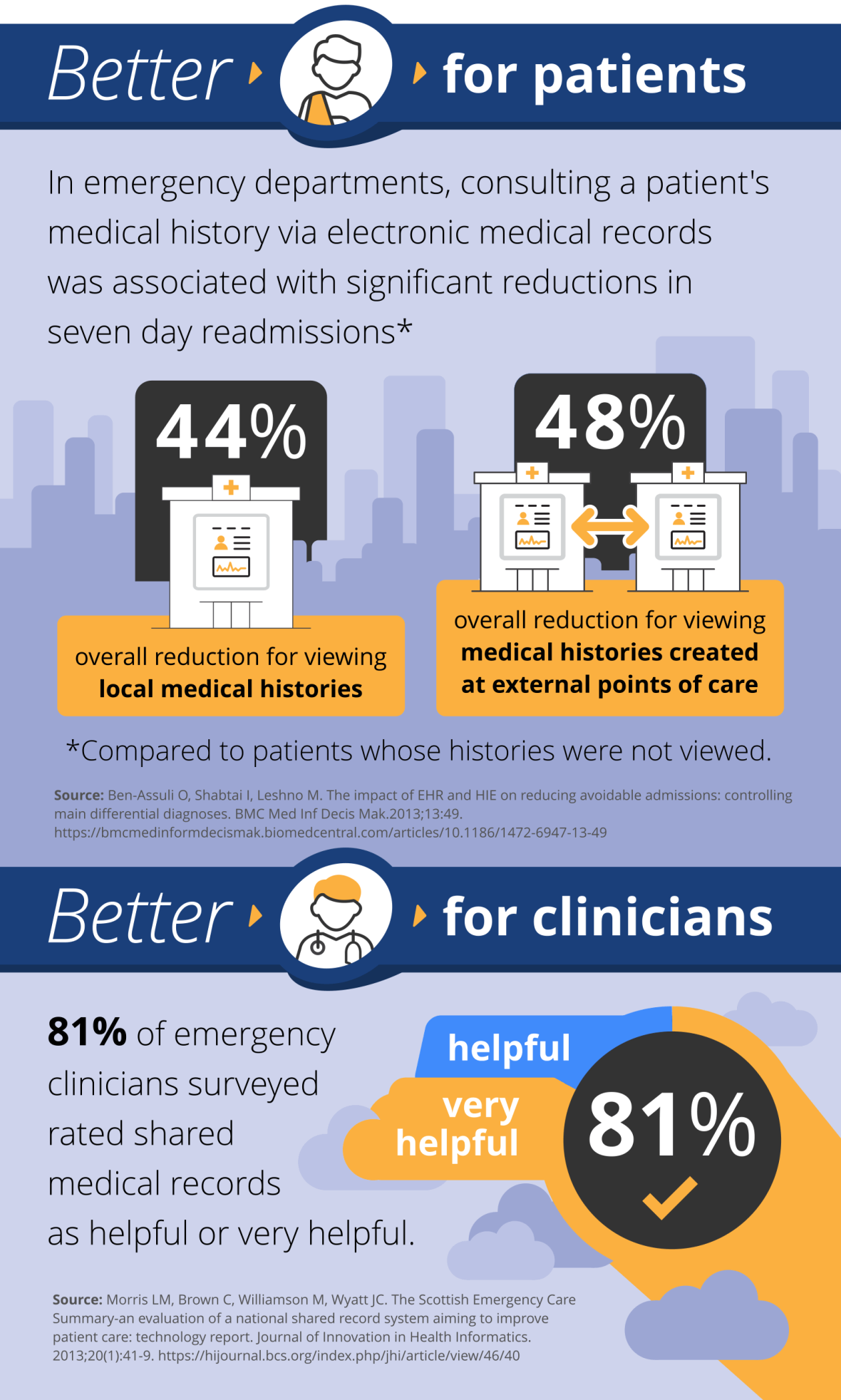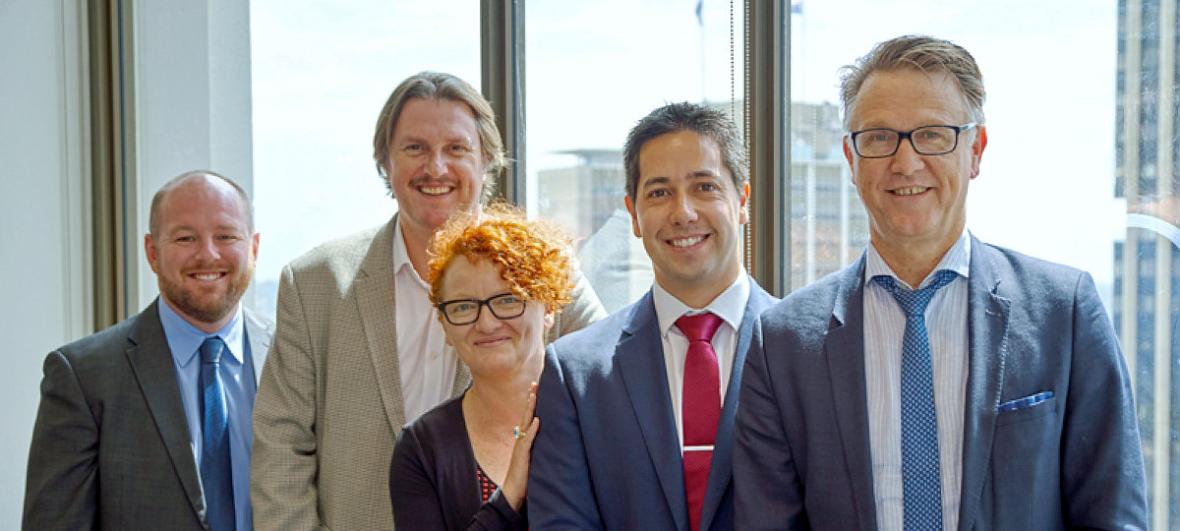When every second counts: Q&A with Dr Andrew Hugman, Emergency Physician
Published 23 February 2018
Accurate and timely information is vital in medicine, and never more so than in emergency departments, where time is of the essence and patients may arrive in critical conditions.
The My Health Record in Emergency Departments Project sets out to research, pilot and establish routine use of the My Health Record system in hospital emergency departments. This is a two year project being undertaken by the Australian Commission on Safety and Quality in Health Care (ACSQHC) in conjunction with the Australian Digital Health Agency (see the recently published Literature review and environmental scan for a comprehensive briefing).
Dr Andrew Hugman is a senior emergency consultant at Sydney’s Prince of Wales Hospital, and the clinical lead on this project. We recently had the pleasure of speaking with him to find out more about himself and this project.

Dr Andrew Hugman is passionate about the benefits of digital health technologies in emergency care
Thanks for your time Dr Hugman. Could you tell us a little bit about your background, and what led you to working as an emergency physician?
I am a Brit who studied medicine and worked as a junior doctor in the UK, before coming to Australia in 1999. I studied Emergency Medicine in Sydney, but have since worked in Emergency Medicine and Ambulance Retrieval Services across New South Wales, Queensland and Tasmania.
I was attracted to the hustle and bustle of Emergency Medicine early whilst doing my training at the Royal London Hospital. My tutor was the Director of the ED and London HEMS (Helicopter Emergency Medical Service), so I was indoctrinated early. I later studied Emergency Medicine in Sydney, and have since worked in Emergency Medicine and Ambulance Retrieval Services across various Australian states. Later trauma and pre-hospital attachments in the US and South Africa reinforced this attitude.
Timely and accurate information is obviously critical in emergency departments. Would you care to elaborate on those issues?
All fields of medicine rely on timely and accurate information … we’re just more impatient in ED. People tend to arrive unscheduled, without preparation and two thirds of the time it’s out of office hours. One of the huge benefits of digital health systems is that we have immediate access to earlier notes and investigations if patients have visited the hospital before. It means we can focus more efficiently on our patient’s immediate needs and make faster and safer decisions about their care.

You’re now the Clinical Lead in the My Health Record in Emergency Departments project. Could you tell us about that work?
This is a huge and exciting project that will ensure that Emergency Departments’ clinical staff have access to the ever-increasing amount of data stored in the My Health Record system. The My Health Record system is rapidly accumulating a massive amount of clinical information, as a result of the expansion of the My Health Record system and enhanced connections of public and private healthcare providers within it.
This project is going to help ensure that ED clinicians are able to maximise the benefits of all of this data to improve their patients’ care. It won’t matter whether someone is treated in a tertiary or remote hospital, or whether it’s private or public. The aim of the project is to unify the access to the My Health Record information to enhance the delivery of care regardless of which ED they might be in.

The My Health Record in Emergency Departments project team.
L to R: Chris Leahy, Program Manager Digital Patient Safety (ACSQHC), Dr Andrew Hugman, Clinical Lead, ED Physician, My Health Record in Emergency Departments Project (ACSQHC), Angela Ryan, General Manager, Clinical Strategy & Deputy CCIO – Clinical & Consumer Engagement & Clinical Governance, Paul Miles, Project Manager, My Health Record in Emergency Departments (ACSQHC), Neville Board, Director, e-Health and Medication Safety (ACSQHC)
How do you encourage your colleagues to make more use of digital health?
Many hospital doctors and nurses don’t currently appreciate the relevance of the My Health Record system to hospital medicine. This is one of the reasons behind this project. Once my colleagues are aware of the real change it will make in their clinical practice, there is excitement and awe at its scale. You see a light bulb go off when they realise this.
Is there anything else that you want the readers of #Share to know?
There have been a lot of changes in healthcare across the country in recent years with the introduction of various electronic systems, which has inevitably caused disruption. However it is still early days for us to start to reap the benefits. We will soon start being able to use the enhanced information we have available to improve both the way that people practise medicine and how patients are cared for.
We’re working in an era of digital transformation and the evolution from disease treatment to wellness management. I’m excited to be playing a part in this transformation.